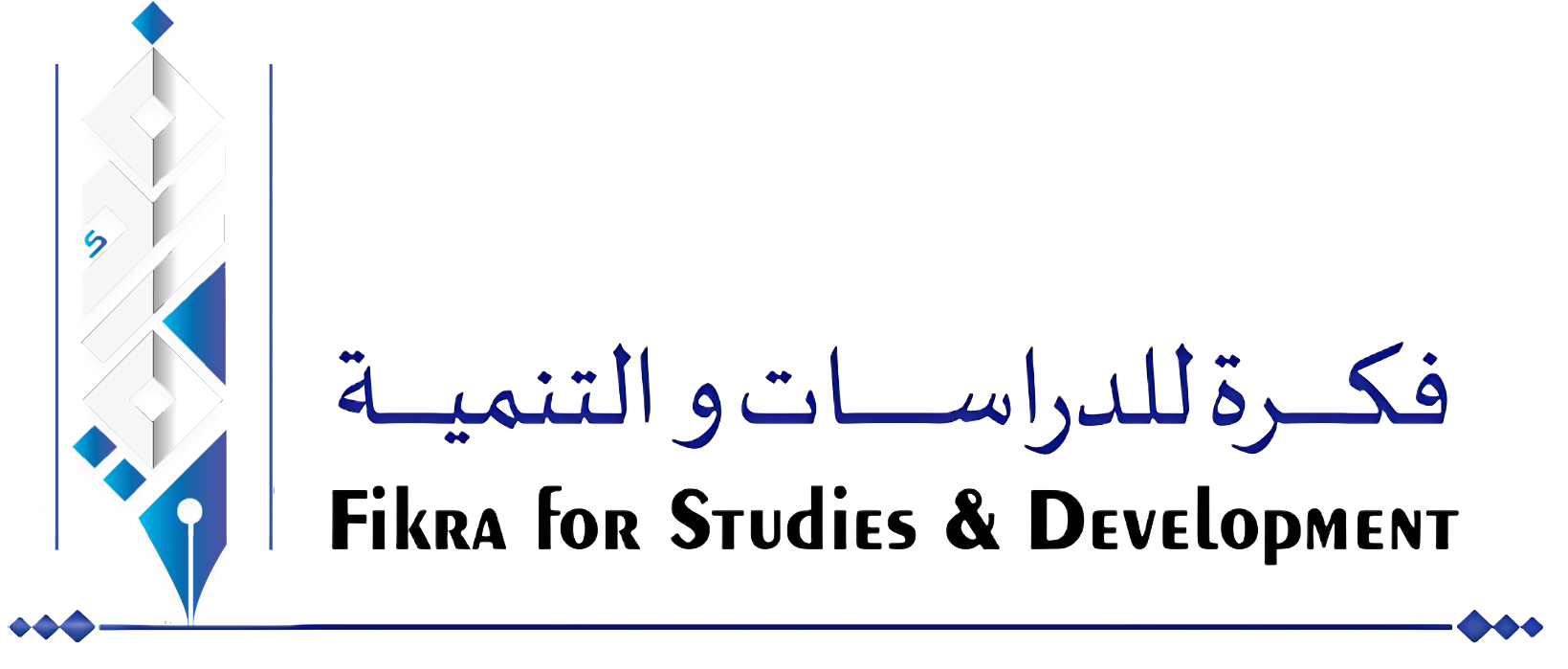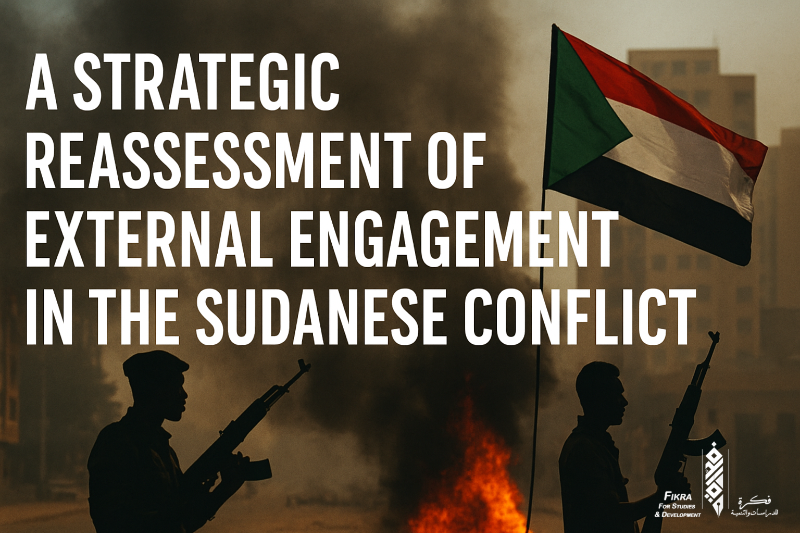A Strategic Reassessment of External Engagement in the Sudanese Conflict
A Strategic Reassessment of External Engagement in the Sudanese Conflict
Dr. Elshafie Khidir Saeed
August 4, 2025
The precipitous cancellation of the Quartet meeting on Sudan in Washington, offered without elucidation, has catalyzed a surfeit of narratives and analyses within the Sudanese media. While some of these accounts may approach a semblance of reality, they often remain confined to superficial observations, failing to penetrate the substantive core of the crisis.
Concurrently, a number of global think tanks and policy institutes have produced related reports and in-depth analyses. Having reviewed publications from Coventry University’s Centre for Trust, Peace and Social Relations, The Washington Institute for Near East Policy, and the European Council on Foreign Relations (ECFR), I find them instrumental in deciphering the complexities of the Quartet’s role and the involvement of the six key nations—the United States, Egypt, Saudi Arabia, the UAE, Qatar, and the United Kingdom—in the Sudanese war.
While these reports are accessible online, a synthesized summary and accompanying discussion are presented here for the consideration of Sudanese civilian forces. The objective is to aid in the formulation of strategic plans to stopping the war and the navigation of relations with external actors.
Our discussion commences with an examination of the ECFR report on the Arab role in halting the war in Sudan, with subsequent analyses of other reports to follow. Throughout this review, I will interject some personal commentary, which will be explicitly identified as such.
The ECFR report, grounding its argument in the historical failings of the past military regimes in Sudan, posits that regional actors, particularly the Gulf states, must be persuaded to support the pivotal role of Sudanese civilians in peacemaking, national recovery, and securing the country’s future. To this, we add that it is precisely these forces that have historically been the engines of change, having successfully deposed three entrenched and powerful military systems; they possess the capacity to do so again.
The current catastrophe has been precipitated by the armed factions, whose legacies are marred by political and economic maladministration and the systemic abuse of civilians. In stark contrast, civilian actors—such as the Emergency Response Rooms, Neighborhood Committees, “Takaya” charity kitchens, and other grassroots civil organizations—have garnered the profound trust of the Sudanese people through their self-abnegation and willingness to sacrifice their lives to deliver humanitarian aid in the nation’s most volatile regions. This effective and impactful humanitarian response has remedied the administrative vacuum left by both the Rapid Support Forces (RSF) and the Sudanese Armed Forces (SAF). Neither belligerent has demonstrated the capacity or the inclination for governance or service provision in the territories under their control, despite their mutual claims to legitimate rule. More deplorably, these civilian actors are systematically subjected to arrest, torture, and extrajudicial killing by both warring parties.
In a further point, the report underscores the indispensability of the Gulf states in any viable peace process. It notes that since the war’s inception, the Sudanese people have consistently urged Saudi Arabia and its Gulf neighbors to compel the belligerents to the negotiating table—with the critical caveat that such a process must not culminate in a mere power-sharing arrangement between them.
The report acknowledges the challenges confronting the Gulf states in formulating a unified policy towards Sudan. It proposes a meticulously sequenced series of intra-Gulf meetings aimed at developing a cohesive, collective policy. This unified Gulf stance could subsequently be integrated into a broader international effort, potentially facilitated by the European Union. The EU is deemed a suitable facilitator owing to its scrupulously maintained equidistance from the conflict’s protagonists and its reputation as a proponent of liberty, peace, and justice—values that resonate deeply with Sudan’s civilian forces. A prerequisite for such a process would be the guarantee of continuous and meaningful consultation with these very forces.
In this vein, the development of a coherent collective Gulf policy must prioritize the generation of strategic options for high-level policymakers, designed to mitigate conflicts of interest among the Gulf nations. These options could inform a common Gulf approach, which might be formally introduced at an Afro-Arab peace conference on Sudan, as proposed by the Gulf states themselves. The report argues for the necessity of balancing the current, more assertive yet “unpopular, divisive, and non-unified” approach of these states. To achieve this equilibrium, the EU is proposed as a responsible, long-term partner, though European policymakers must remain cognizant of their limited leverage in shaping the Sudanese context, given the immense influence wielded by the Gulf states.
As an interjection from my side and not found in the report, I propose the following: why not convene a dialogue between representatives of Sudan’s civilian forces and representatives from Egypt, Saudi Arabia, the UAE, and Qatar? This could initially commence at the level of think tanks and research centers closely connected with the political decision-making echelons in their countries. Such a dialogue could be structured around a single, foundational question: What do we require from one another to secure our mutual interests and ensure sustainable peace and stability in the region? The dialogue could proceed under major thematic headings, which would later be delineated into numerous sub-topics and details. These primary themes could include:
⁃ A Paradigm Shift in Perceptions: How can the stereotypical view held by these states of Sudanese civil forces as being inept at governance be dismantled? Simultaneously, how can the distorted and negative perception of these states as backers of oppressive military regimes in Sudan be addressed and rectified in the Sudanese consciousness?
⁃ Establishing Trust and Guaranteeing Security: How can Sudanese civil forces credibly assure these nations of their capacity to protect their national and food security interests, while unequivocally affirming Sudan’s national sovereignty and core interests?
⁃ Strategic Economic Integration: A discussion on a strategic framework for economic integration and partnership projects with Egypt and the Gulf Cooperation Council (GCC), in addition to bilateral initiatives.
⁃ The Futility of War and the Imperative of Civilian Leadership: A candid discourse on the strategic impasse and the impossibility of a decisive military victory for either faction. The conversation would focus on the futility of continued military operations, which only yield further death, destruction, and the depletion of resources for the states backing each side. The alternative path involves these states leveraging their influence to pressure the armed actors into a sustainable cessation of hostilities, while simultaneously supporting and strengthening civil forces to assume a leading role in the country’s recovery and future decision-making.
It is my conviction that a strategic pivot by these regional powers toward supporting and protecting Sudanese civil society, thereby facilitating a credible civilian transitional government, would bolster medium- and long-term stability in the country—an objective sought by all stakeholders.
The discussion will continue.


